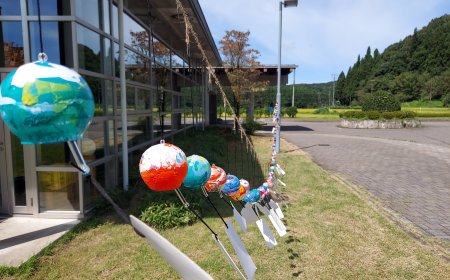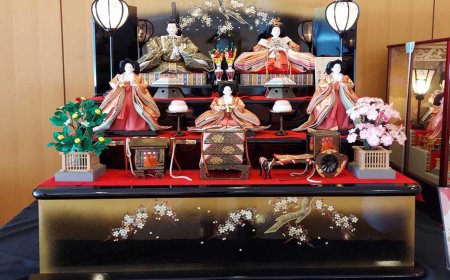Community Obligations in Japan
In Japan, urban neighborhoods preserve a sense of rural community through unique traditions and social obligations. From Sunday clean-ups to the kairanban system, these practices keep community bonds strong amidst city life.
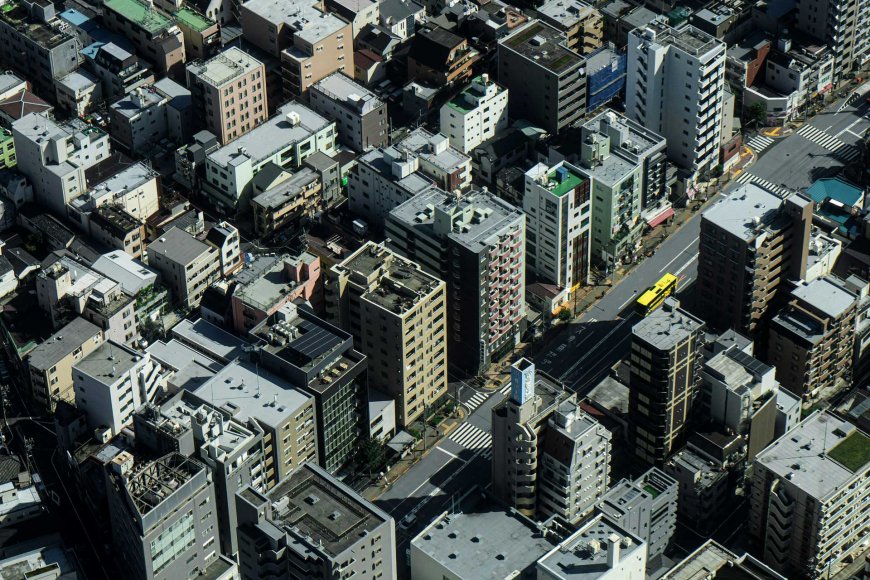
Community Traditions in Modern Life
Japan, a country known for its technological advancements and bustling urban centers, also boasts a deeply ingrained sense of community that mirrors the close-knit nature of rural villages. Despite the fast-paced lifestyle of cities like Tokyo and Osaka, many Japanese urban neighborhoods maintain a set of mutual rights and obligations, fostering a spirit of cooperation and social responsibility.
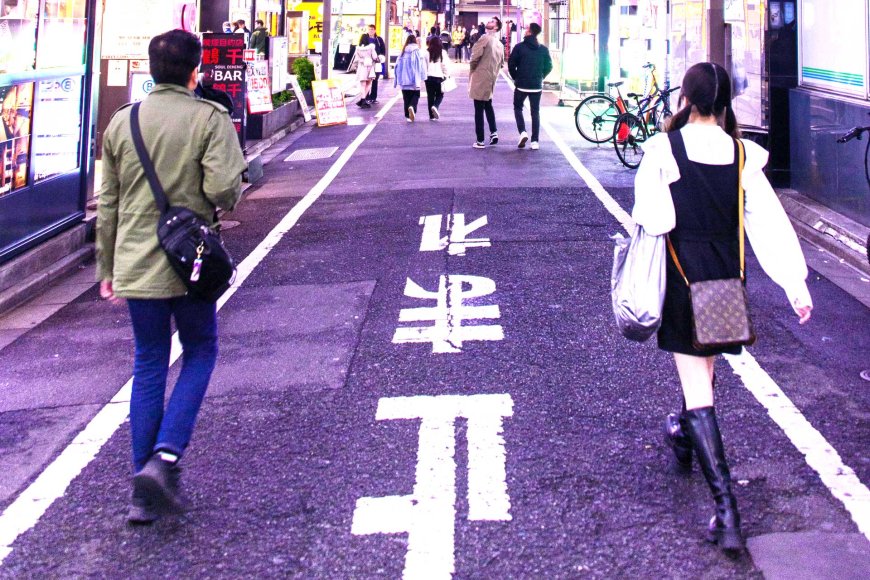
Sunday Clean-Up: A Communal Ritual
In urban neighborhoods across Japan, Sunday mornings often witness a heartwarming sight: groups of older Japanese men, dressed uniformly in matching hats and jackets, meticulously cleaning up litter around their apartments. This ritual, which may seem unusual to outsiders, is a testament to the community's commitment to maintaining a clean and pleasant living environment. These clean-up activities are not mandated by law but are driven by a collective sense of duty and pride in their surroundings. It's a subtle reminder of the value placed on harmony and order in Japanese society.

The Kairanban System: Community Communication
One of the most fascinating aspects of community life in Japan is the "kairanban" system. This traditional method of communication involves a clipboard, often containing important announcements and updates about the neighborhood, being passed from one household to another. The recipient of the kairanban is expected to read the contents, perhaps add a note, and then pass it on to the next neighbor. This practice not only ensures that everyone stays informed but also fosters personal interactions, as each exchange is typically accompanied by a friendly chat and exchange of gossip. The kairanban system exemplifies how community bonds are maintained through regular and personal communication.

Renrakumo: School and Community Engagement
A similar system to kairanban exists in the context of schools, known as "renrakumo." This method is used to disseminate messages from schools to parents. A group of parents will receive a message and then pass it on to another group, ensuring that important information, such as event notifications or updates on school activities, reaches all families. The renrakumo system reinforces the importance of parental involvement in education and highlights the collaborative effort required to support children's development. In some neighborhoods, parents may even face fines if they fail to attend P.T.A. meetings, underscoring the high value placed on active participation in community and school affairs.

Bridging the Past and Present: Collective Labor
Historically, Japanese rural communities were known for their collective labor practices, where villagers would come together to build bridges, maintain shrines and temples, and participate in firefighting brigades. While urbanization has transformed many aspects of Japanese life, the spirit of collective effort remains strong. Modern urban communities still engage in similar activities, albeit in different forms. Community festivals, disaster preparedness drills, and neighborhood watch programs are some examples where the tradition of working together for the common good continues to thrive. These activities not only strengthen community bonds but also ensure the safety and well-being of residents.
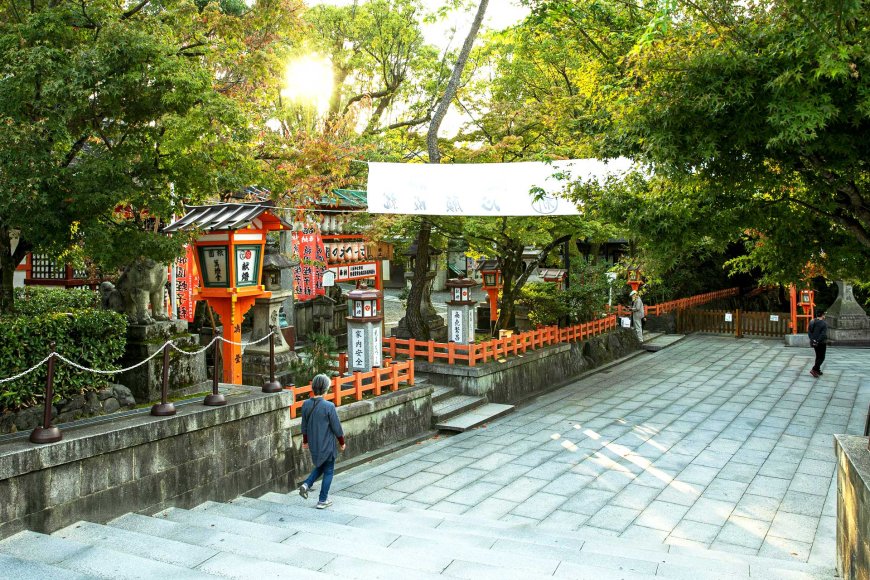
The Quirks of Urban Life: Mailboxes and Door-to-Door Visitors
Life in Japanese urban neighborhoods comes with its quirks and idiosyncrasies. Mailboxes are often stuffed with advertisements for a wide range of services, from English lessons and pizza parlors to more unconventional offerings like neighborhood beauty parlors. Additionally, door-to-door visitors are a common sight. These can range from sellers of different products to individuals offering to buy antique items. These interactions, while sometimes surprising, are part and parcel of the vibrant and diverse urban community life in Japan.

The Essence of Community in Modern Japan
The concept of community obligations in Japan is a fascinating blend of tradition and modernity. From the communal clean-up activities and the kairanban system to the renrakumo practice and the continuation of collective labor, these elements illustrate how deeply rooted social customs adapt to contemporary urban living. Despite the rapid pace of modernization, the enduring commitment to community welfare and mutual support remains a cornerstone of Japanese society. This unique approach to community life not only preserves cultural heritage but also ensures that the spirit of togetherness and cooperation continues to flourish in the heart of modern Japan.
Find Cheap Flight Tickets to any Destinations in Japan and the Philippines
Nipino.com is committed to providing you with accurate and genuine content. Let us know your opinion by clicking HERE.



















































